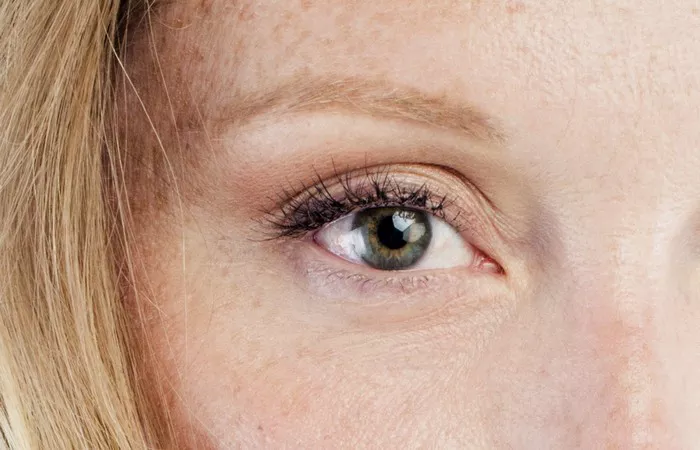LASIK surgery is a popular procedure that can correct vision problems such as nearsightedness, farsightedness, and astigmatism. However, not everyone is a candidate for LASIK surgery, and there are certain age-related factors that can affect the success of the procedure. In this article, we will explore what age is good for LASIK surgery and the factors that should be considered when deciding whether to undergo the procedure.
LASIK Surgery Overview
LASIK surgery is a type of refractive surgery that uses a laser to reshape the cornea, the clear front part of the eye. By reshaping the cornea, LASIK surgery can correct vision problems and reduce the need for glasses or contact lenses. The procedure typically takes about 15 minutes per eye and can be performed on an outpatient basis.
LASIK surgery is not suitable for everyone, and there are certain factors that can affect the success of the procedure. These factors include age, the severity of the vision problem, and the overall health of the eye.
Age and LASIK Surgery
Age is an important factor to consider when deciding whether to undergo LASIK surgery. While LASIK surgery can be performed on people of all ages, there are certain age-related factors that can affect the success of the procedure.
In general, LASIK surgery is not recommended for people under the age of 18. This is because the eyes are still developing during childhood and adolescence, and it can be difficult to predict how the eyes will change over time. Additionally, younger people are more likely to experience changes in their vision as they age, which can affect the long-term success of the procedure.
The ideal age for LASIK surgery is typically between the ages of 20 and 40. During this time, the eyes are fully developed and stable, and the vision is unlikely to change significantly in the future. However, LASIK surgery can still be performed on people over the age of 40, as long as they are in good overall health and have stable vision.
Factors to Consider
When deciding whether to undergo LASIK surgery, there are several factors to consider in addition to age. These factors include the severity of the vision problem, the overall health of the eye, and the individual’s lifestyle and expectations.
The severity of the vision problem is an important factor to consider when deciding whether to undergo LASIK surgery. LASIK surgery is most effective for people with mild to moderate vision problems. People with severe vision problems may not be good candidates for LASIK surgery, as the procedure may not be able to fully correct their vision.
The overall health of the eye is also an important factor to consider when deciding whether to undergo LASIK surgery. People with certain eye conditions, such as glaucoma or cataracts, may not be good candidates for LASIK surgery. Additionally, people with a history of eye infections or injuries may not be good candidates for the procedure.
Finally, it is important to consider the individual’s lifestyle and expectations when deciding whether to undergo LASIK surgery. LASIK surgery can reduce the need for glasses or contact lenses, but it may not completely eliminate the need for them. Additionally, people who engage in certain activities, such as contact sports or swimming, may not be good candidates for LASIK surgery.
Risks and Benefits
Like all medical procedures, LASIK surgery carries some risks and benefits. The benefits of LASIK surgery include improved vision and reduced dependence on glasses or contact lenses. The risks of LASIK surgery include dry eyes, glare, halos, and other visual disturbances. Additionally, there is a small risk of infection or other complications associated with the procedure.
It is important to discuss the risks and benefits of LASIK surgery with a qualified eye doctor before deciding whether to undergo the procedure. The doctor can help to determine whether LASIK surgery is a good option for the individual and can provide information on the potential risks and benefits of the procedure.
Conclusion
LASIK surgery is a popular procedure that can correct vision problems and reduce the need for glasses or contact lenses. While LASIK surgery can be performed on people of all ages, there are certain age-related factors that can affect the success of the procedure. In general, LASIK surgery is not recommended for people under the age of 18, and the ideal age for LASIK surgery is typically between the ages of 20 and 40. When deciding whether to undergo LASIK surgery, it is important to consider factors such as the severity of the vision problem, the overall health of the eye, and the individual’s lifestyle and expectations. By carefully considering these factors, individuals can make an informed decision about whether LASIK surgery is right for them.


